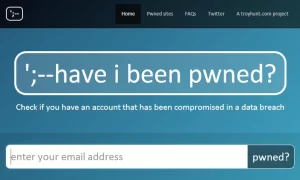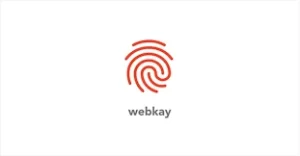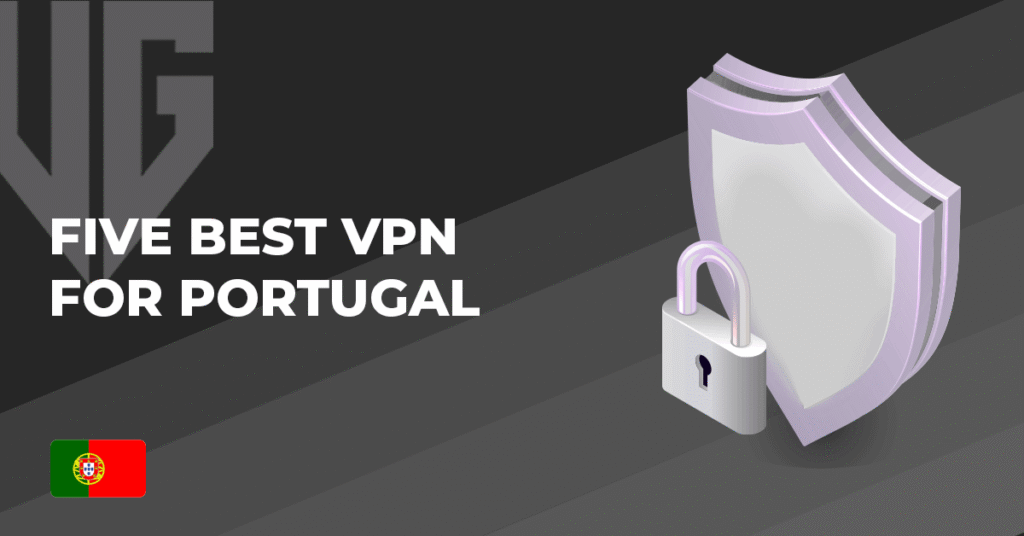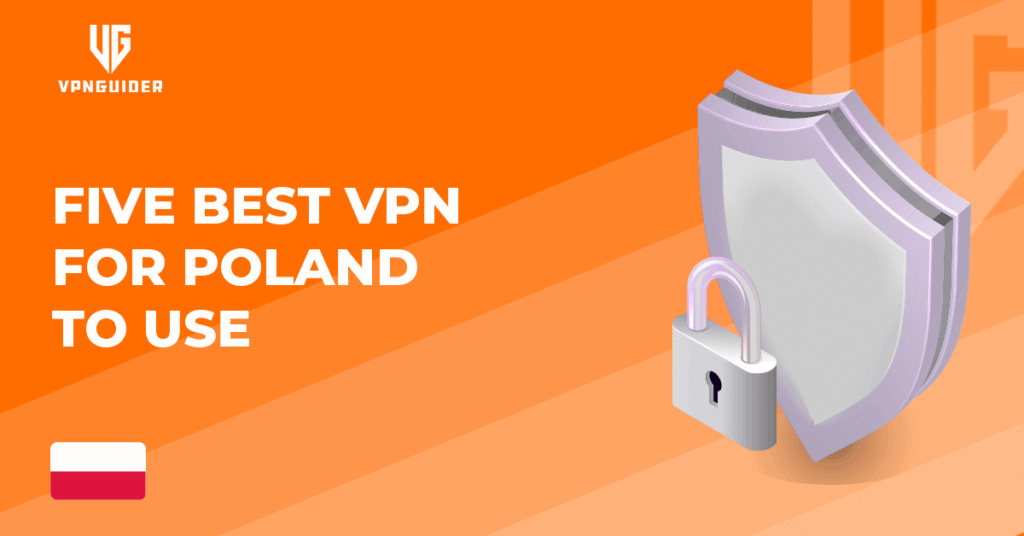 Why trust VPN Guider
Why trust VPN Guider
Various creepy websites and online services can collect and store personal information about users. These include browsing history, search queries, location data, and more. Some examples of these creepy websites include social media platforms, search engines, and online retailers.
It’s essential to be aware of the types of information these websites collect and adjust your privacy settings accordingly. Facebook’s privacy policy includes collecting information about your online and friends’ activities. Facebook’s privacy policy states that it will collect information about your online activity and friends.
List of Data that Creepy Websites prey upon [year]
- Profile information: This includes your name, age, gender, location, and other details that you provide when you create your account.
- Contact information: Facebook collects your email address, phone number, and any other contact information you provide.
- Browsing history: Facebook tracks the websites you visit and the apps you use, even if you’re not logged into the platform.
- Location data: Facebook tracks your location through GPS, Wi-Fi, and other data sources, to provide location-based features and targeted advertising.
- Search history: Facebook tracks your search queries, including the terms you’ve searched for, the people you’ve searched for, and the groups you’ve joined.
- Chat history: Facebook tracks your conversations with other users, including messages, calls, and video chats.
- Activity on Facebook: Facebook tracks your activity on the platform, including the pages you visit, the posts you read, and the videos you watch.
- Information from third-party websites and apps: Facebook also collects information from third-party websites and apps that use its services, such as “like” buttons and Facebook log-ins.
You can see the exact data Facebook has stored about you, in the “Off-Facebook Activity” settings, within the Facebook mobile app.
TruthFinder is a background check tool. Scanning public and private databases will reveal a person’s email address, qualifications, phone numbers, names of relatives, illegal activities, and assets.
You can opt out of TruthFinder’s systems and help hide your information from criminals.
[postFaq]
Haveibeenpwned.com

HaveIBeenPwned (HIBP) is a website that allows users to check if their personal information is being compromised in a data breach. To use the website, you can go to HaveIBeenPwned.com and enter your email address in the search bar. The website will then check its database of known data breaches to see if your email address has been included in any violations.
Steps to follow for checking your data breach
- Go to the website HaveIBeenPwned.com.
- In the search bar, enter the email address that you want to check.
- Click on the “pwned?” button to initiate the search.
- If your email address is found in any data breaches, the website will show you which breaches they saw and what information was exposed.
- You can also check if your password is being compromised by using the “Pwned Passwords” feature. Please enter your password, and the website will check it against a list of known compromised passwords.
- If your email address or password is compromised, it’s essential to change your password immediately and consider enabling two-factor authentication.
webkay.robinlinus.com

You’ve heard that cookies and tracking pixels can gather information about you.
Europe’s GDPR has made it harder for many sites to do so, but did you know that your browser can say a lot about who you are?
That’s what Webkay, a website run by developer Robin Linus, does. When you visit it, it does what thousands of other websites do – it gleans every single bit of information, like who you are, where you’re from, and how you’re using the site.
The only difference is that Webkay shares those discoveries with you rather than data mining companies.
It also gives tips on protecting your information from being revealed (hint: using a VPN can help with many of those issues!).
[postVpn]
How to protect yourself from creepy websites?
- Use a VPN (Virtual Private Network) to encrypt your internet connection and hide your IP address.
- Use a reputable browser with built-in privacy features, such as Mozilla Firefox or Google Chrome.
- Be wary of clicking on links in emails or messages from unknown sources.
- Use strong and unique passwords for each of your online accounts.
- Use two-factor authentication when available.
- Be selective about the personal information that you share online, and be mindful of the privacy settings on your social media accounts.
- Be aware of phishing scams, and do not give out personal information, such as your Social Security number, credit card information, or login credentials, to anyone.
- Keep your computer and mobile devices updated with the latest security patches and antivirus software.
- Please read the terms and conditions of any website you use and check the privacy policy, so you understand what data they collect and how they will use it.
- Use ad-blockers and Privacy plugins to block unwanted ads, pop-ups and trackers.

